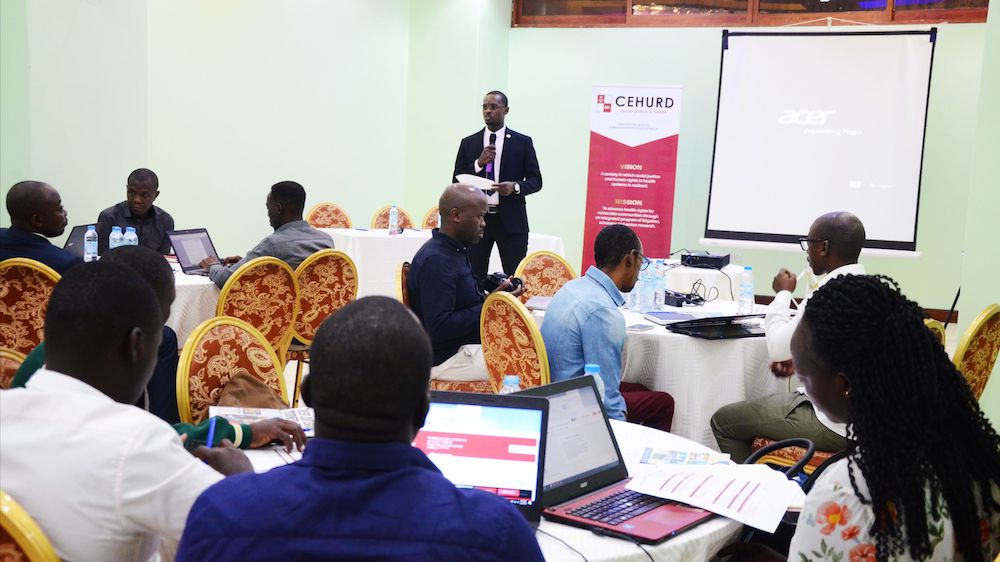The Center for Health, Human Rights and Development (CEHURD) is implementing the Uganda Country Programme on HIV, TB and Human Rights Training and Advocacy in partnership with Uganda ARASA partners including; International Community of Women living with HIV Eastern Africa (ICWEA), Uganda Network on Law, Ethics and HIV/AIDS (UGANET), Uganda Harm Reduction Network (UHRN), African Young Positives Network (AY+) and Tororo Forum for People Living with HIV Networks (TOFPHANET) with financial and technical support from the AIDS and Rights Alliance for Southern Africa (ARASA)
The Country Programme is aimed at promoting access to quality, affordable and timely HIV, TB, and SRH services and justice among communities of persons living with and those affected by HIV and TB and key populations in Uganda and this will be achieved through three major approaches: Research for evidence building; Capacity strengthening to increase demand and uptake of services; and Advocacy to influence policy development, change and or implementation.
Under the approach of evidence building, CEHURD in collaboration with Uganda Ministry of Health (MoH) and partners conducted a “Rapid assessment and mapping of the legal environment on the provision of HIV and TB services to key populations, persons living with HIV and those with tuberculosis: A Case of three districts in Uganda” a process that began in October, 2018.
A number of stakeholders including MoH technical team, Parliamentarians, district officials including; District Health Officers (DHOs), Secretaries for Health, HIV and TB Focal Persons from the five selected districts, Professional bodies, legal experts, CSOs, media were brought together on February, 21st 2019 to validate the study findings which were also presented to the Communicable Diseases Control (CDC) Technical Working Group (TWG) at MoH on February, 22nd 2019 for more comments and inputs that will inform the final report.
The research process has helped to strengthen our in country partnership as the ARASA partners but also the collaborations with Ministry of Health, Local Governments, Legislators, CSOs among other stakeholders. The draft report also already clearly highlighted the knowledge and capacity gaps on the linkage between HIV, TB and Human Rights and these will be addressed during the forthcoming trainings in the respective districts. Most importantly the final report will serve as an advocacy and resource mobilization tool for future intervention.
By Muhumuza Abdulkharim

